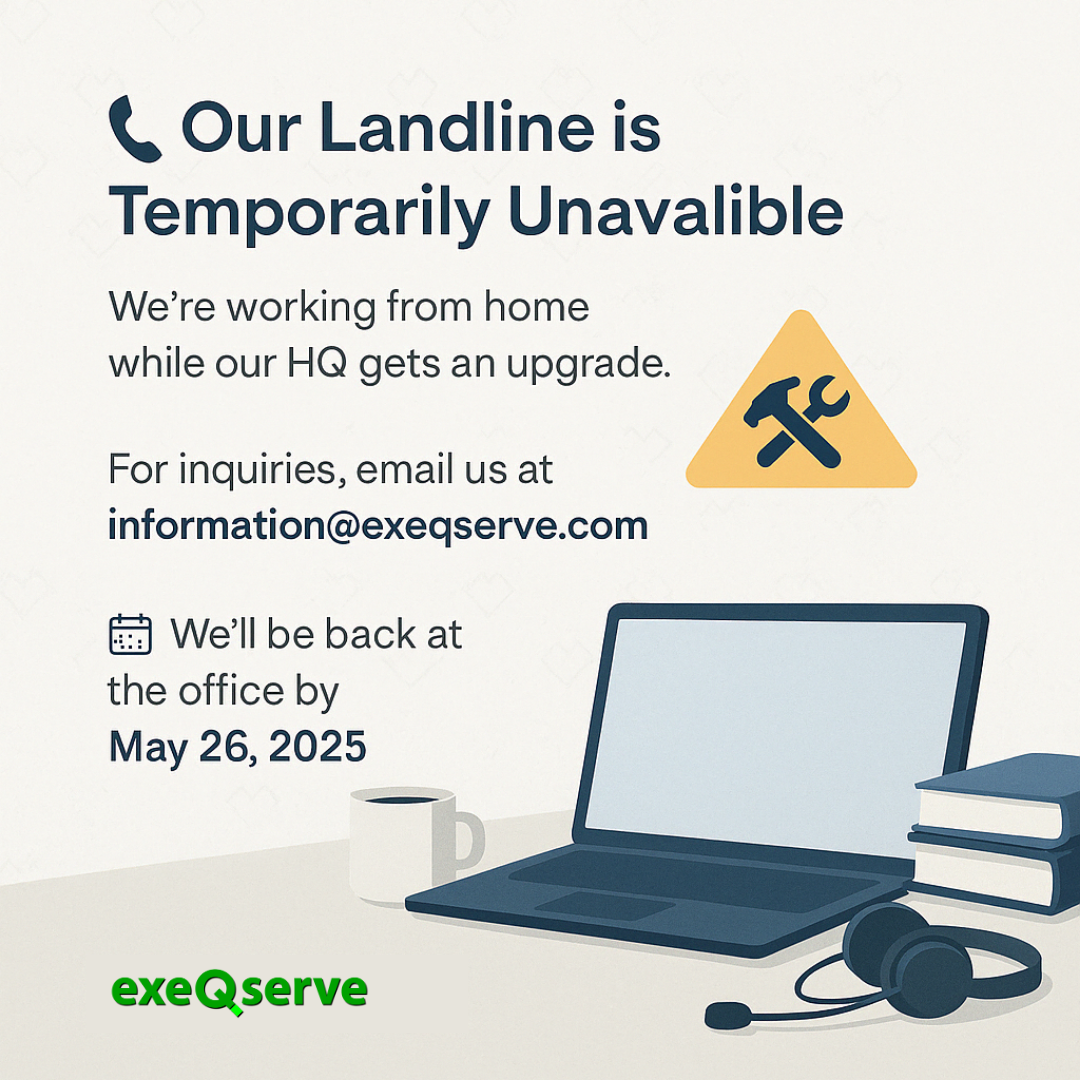As I reflect on my experience as a manager, I recall a time when I advocated for salary increases for my team members outside of the regular performance appraisal and merit increase season. Surprisingly, my requests were often granted. This success can be attributed to my approach of showcasing the enhanced value that my staff brought to our organizational goals. For instance, an employee who previously didn’t conduct training sessions successfully facilitated one, while another who specialized in a single training type expanded their expertise to encompass two or three additional areas.
Before delving deeper into this topic, it is essential to understand the concept of human capital and asset. Human capital refers to the collective skills, knowledge, and capabilities individuals possess within an organization. It represents the value that employees bring to the table and their potential to contribute to organizational success. On the other hand, an asset is any resource or entity that holds value and has the potential to generate positive returns. Human Capital can be a high-performing asset as one increases one’s contribution to organizational performance.

When investing in human capital, it is crucial to see tangible returns on that investment. If employees’ compensation increases without a corresponding increase in the value they provide to the organization, they can gradually transform from valuable assets into burdensome costs or, in some cases, liabilities. This perspective can be examined from two angles: the management perspective and the personal perspective. However, for the purpose of this discussion, let’s focus on the latter.
If we view our careers as individual businesses, it becomes evident that we are our most significant investors. The amount of money we take home depends largely on how we invest in ourselves and the value we generate that companies or clients are willing to compensate us for. As the renowned management expert Peter Drucker once stated, “You cannot manage what you do not measure.” Therefore, it becomes essential for us to measure our growth and success. It is important to note that our success should not be solely measured by the amount of money we earn, but rather by the value we deliver in return. Sometimes, others may make the mistake of overcompensating us or undervaluing our contributions. By understanding the value, we provide, we can confidently negotiate our remuneration and ensure a fair compensation that aligns with our worth.

Naturally, there are numerous ways to develop ourselves and increase our value as professionals. The key is to take ownership of our own growth and career trajectory instead of solely relying on our superiors. We must identify our unique talents, understand how to leverage them effectively, and continuously seek opportunities for improvement. Just like astute businesspersons, we should view failures as valuable learning experiences that contribute to our personal and professional growth. As Pat Riley aptly said, “If you are not getting better, you’re getting worse.” This statement holds true, especially in a competitive landscape where everyone is striving for progress. In such a scenario, maintaining a consistent pace will inevitably result in falling behind. To excel and remain relevant, we must continually seek avenues for improvement, innovation, and learning.
The journey from being perceived as human capital to becoming a high-performing asset requires a proactive and strategic approach to our careers. By measuring and enhancing the value we offer, we can confidently negotiate our compensation. Taking ownership of our development, embracing failures as stepping stones to success, and constantly striving for improvement are crucial elements in unlocking our true potential. Remember, your career is an investment, and by investing wisely in yourself, you can transform into a valuable asset that drives personal and organizational success.








